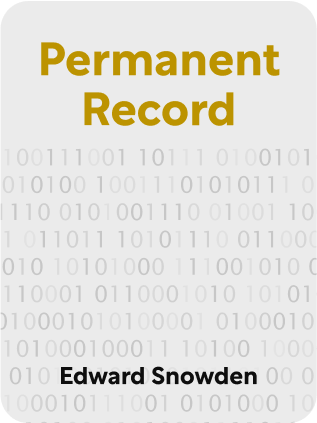

This article is an excerpt from the Shortform summary of "Permanent Record" by Edward Snowden. Shortform has the world's best summaries of books you should be reading.
Like this article? Sign up for a free trial here .
What qualifies people for technology jobs within and outside of government? What are the options for careers in technology? Does hiring in tech take account of specialties, certifications, and other experience?
Careers in technology have a broad range of options. In Permanent Record, Edward Snowden discusses the options for technologist roles. His careers in technology included work as a government contractor and employee.
Learn more about careers in technology, hiring in tech, and how certification and freelance fits into the bigger picture.
Careers in Technology: Options
Technologists have a few career options if they want to specialize:
- Software developers/programmers. These people write computer code.
- Network/hardware specialists. These people physically set up wires and servers.
- Systems technologists. These people work with the big picture of computing. They work with software, hardware, and networks. More specifically, the job titles are:
- Systems administrators/sysadmins. These people are responsible for maintaining an entire system. When it breaks, they fix it, and they slowly make it better as a whole over time.
- Systems engineers. These people solve a problem by inventing a new system to address it, or by massaging existing solutions into something custom.
Hiring in Tech: Certification for Careers in Technology
In the early 2000s, professional industry certifications were becoming a requirement for hiring in tech. Job postings were starting to require official accreditation from companies like IBM and Cisco if the job was working with their products.
Microsoft Certified Professional series certifications were the most prestigious for careers in technology. There were a few options and the highest certification was Microsoft Certified Systems Engineer (MCSE), with which you’d get a starting salary of $40,000. It wasn’t an easy certification to get, but it also didn’t require you to be a genius.
There were more general certifications as well, that didn’t have to do with specific companies’ products. You could get “A+ Certification” for serving and repairing computers and “Net+ Certification” for networking.
Though these certifications were becoming an industry standard, they weren’t necessarily an indicator of skill, and they changed as the industry invented new ones.
Freelance: A New Career Path
Careers in technology are changing. During the dot-com boom, when a large company wanted a stronger Internet presence and a website, they’d hire a PR firm or ad agency. The PR firm or ad agencies didn’t know much about the Internet, only enough to write a job description for a web designer. They’d post this on a freelance work portal and mom-and-pop companies would put in bids for the job.
The mom-and-pop companies were so competitive that they priced their services very low. Additionally, the companies had to pay a cut to the work portal, so it was hard to make any money. Companies also didn’t get any credit—the PR firm or ad agency would claim they’d done the project. It was easy for clients to take advantage of mom-and-pop companies.

———End of Preview———
Like what you just read? Read the rest of the world's best summary of Edward Snowden's "Permanent Record" at Shortform .
Here's what you'll find in our full Permanent Record summary :
- What Ed Snowden discovered that caused him to completely lose faith in the government
- How Snowden led the bombshell reports of US mass surveillance
- How Snowden is coping with his treatment as both patriot and traitor






